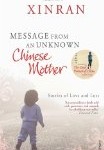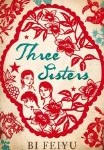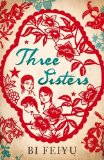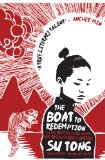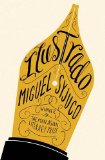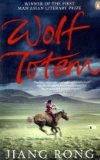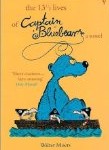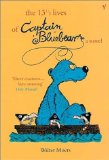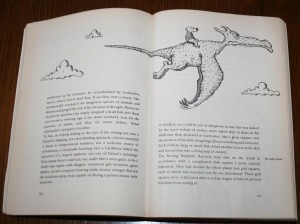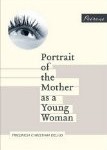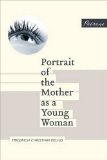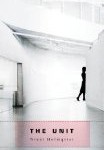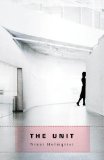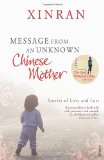 Translated from Chinese by Nicky Harman
Translated from Chinese by Nicky Harman
A million female foetuses are aborted and tens of thousands of baby girls are abandoned every year in China. The desire for a male heir has clashed with the Chinese one-child policy to form a society where the birth of a girl is seen as a disappointment. This book gives the painful story of the mothers who abandoned or murdered their babies.
The book consists of ten short stories, each explaining the circumstances of a different mother. I found the introduction detailing the statistics and background of the Chinese traditions very interesting, but the short stories were a disappointment. The writing contained some scenes that should have been very distressing, but the emotional connection wasn’t there and each story was too short for me to fully understand the implications of keeping the baby girl.
‘What? Isn’t that killing her?’
‘Well, I can’t help it if you must use city folk’s language so, yes, that’s what it was.’
‘And what kinds of methods did you use?’
‘Oh, all sorts! Twisting the umbilical cord round the neck, then as soon as the head came out you could strangle it. If it came out head upwards, you could make it choke on the amniotic fluid, and then the baby couldn’t even take one breath. Or you could put the baby in a basin, hold wet “horse-dung” paper over its face and in a few seconds its legs would stop kicking. And for women who’d never had a baby boy, just girl after girl after girl until the family were fed up with it, it was simple enough to chuck it in the slops pail…
It seemed as though the book was packed with one abandonment/murder after another and the repetitiveness reduced the impact of the message.
It is clearly a difficult and emotive subject, but I think this BBC news report does a better job of getting the seriousness of the situation across. Perhaps my problems with short stories are the main cause of my disappointment with this book? I would have preferred it to focus on one story and to have seen the problems faced by a family that decided to keep their a girl.

.
This is the first book by Xinran that I’ve read. Do you think I’d enjoy any of her earlier books?
